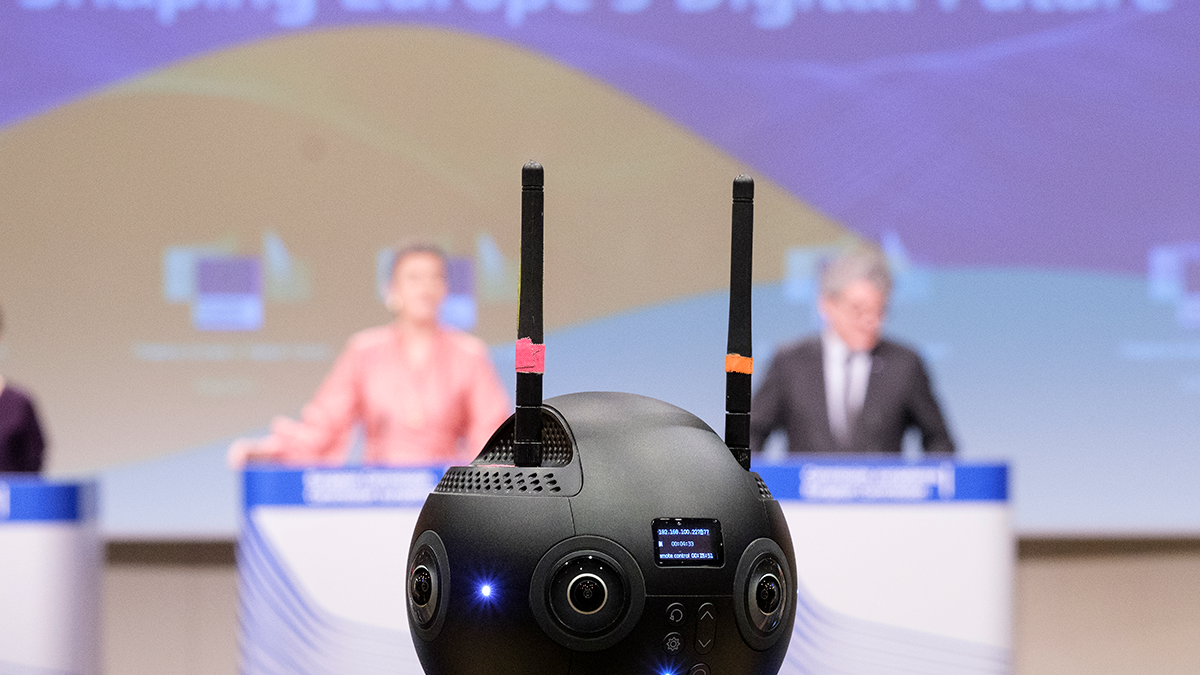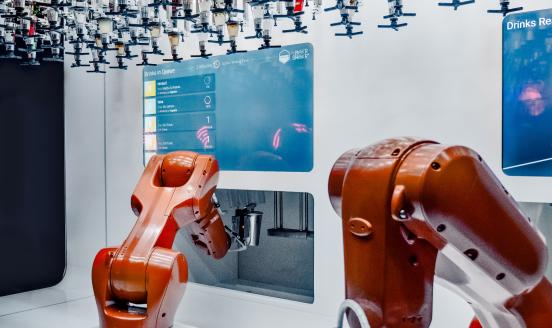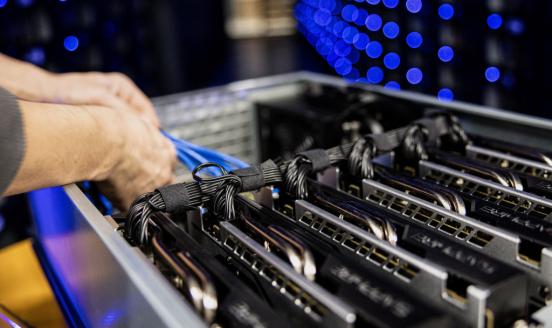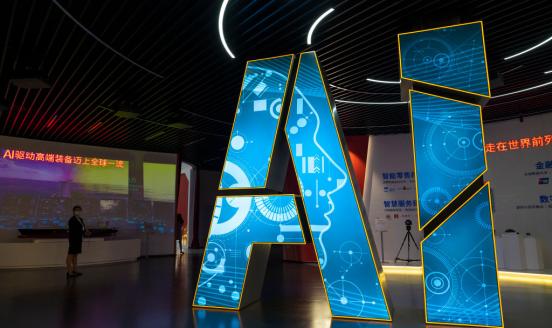What is holding back artificial intelligence adoption in Europe?
To accelerate the roll-out of AI technology across the European Union, policymakers should alleviate constraints to adoption faced by firms.

Artificial intelligence (AI) is considered a key driver of future economic development, expected to increase labour productivity and economic growth worldwide. To realise these gains, AI technologies need to be adopted by companies and integrated into their operations. However, it is unclear what the current level of AI adoption by European firms actually is. Estimates vary widely because of uneven data collection and lack of a standard definition and taxonomy of AI.
What is clear is that AI adoption in Europe is low and likely running behind other parts of the world. Discussions on the barriers to AI advancement often mix up different stages of innovation – research, development and adoption. Each stage is constrained by the availability of skills, data and financing in the European market, but there are nuances in how these barriers arise in each of the three stages.
This policy contribution focuses on the final stage, AI adoption. We discuss theoretical and empirical evidence of the drivers of AI adoption. We outline the relevant barriers to adoption for European firms in terms of human capital, data availability and funding, and make international comparisons where possible.
To accelerate the roll-out of AI technology across the European Union, policymakers should alleviate constraints to adoption faced by firms, both in the environmental context – labour market, financial market and regulation – and in the technological context – data availability, basic digitisation of businesses and technological uncertainty.
This policy contribution was produced within the project “Future of Work and Inclusive Growth in Europe“, with the financial support of the Mastercard Center for Inclusive Growth.



